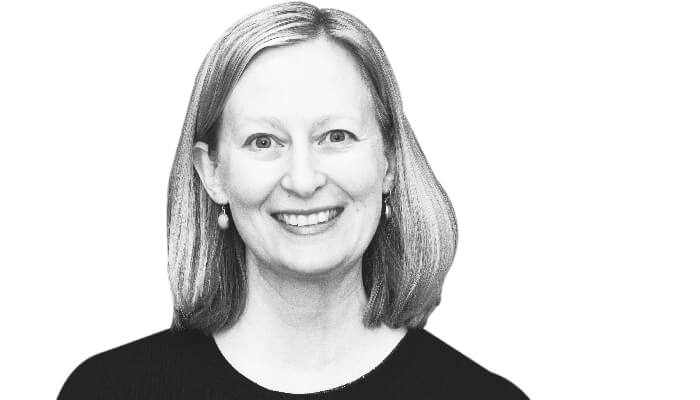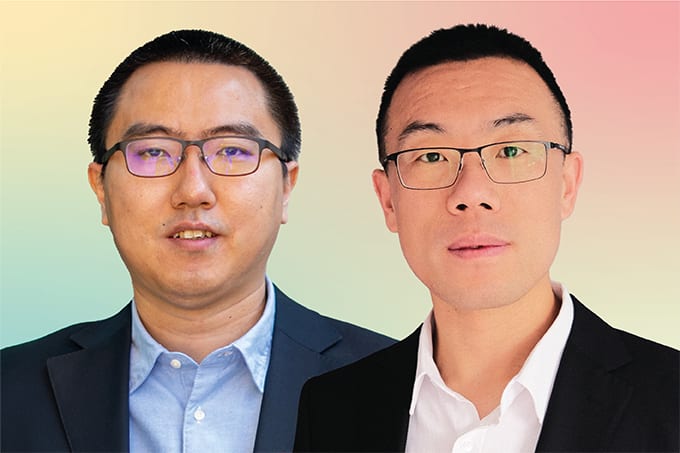One of my roles as the SciX 2018 program chair is to develop themes and drive awareness of contemporary issues. Last year, I chose to give special focus to analytical chemistry’s role in addressing the impact of microplastics – an area currently garnering significant attention in both environmental circles and the popular press.

Recent reports by the BBC and National Geographic have amplified concerns expressed in the scientific literature about the biological and environmental impacts of microplastics in marine ecosystems. Analytical science plays a critical role in addressing this burgeoning problem; identifying the chemical composition of microplastics is fundamental to understanding and predicting environmental effects, including bioaccumulation and natural- and bacteria-mediated degradation, as well as developing strategies for remediation. As an event with a reputation for cross-disciplinary research, SciX was the perfect forum to bring together environmental researchers and analytical scientists to raise awareness and discuss solutions to this emerging problem.
There were two technical sessions on “Analysis of Microplastics,” anchored by an outstanding and informative keynote address by Matthew Savoca of the NOAA Southwest Fisheries Science Center and Hopkins Marine Station at Stanford University. Matthew’s compelling talk outlined the challenges of identifying microplastic debris, understanding how marine wildlife interact with microplastics, and supporting and encouraging the efforts of citizen-scientists. SciX is known for its networking opportunities, and I was especially pleased to see strong interest in developing collaborations and partnerships between the microplastics and analytical sciences communities, which included scientists from the US, Canada, Australia and Japan.

I feel that the success of the microplastics sessions shows the important (perhaps crucial) role that conferences play in raising awareness of pressing issues – and, most importantly, what we as analytical scientists can do to mitigate these issues. It is because of the collaborative atmosphere at conferences that we can continue to have an impact not only on each other’s research, but also – as in this case – on the wider world. In 2018, in addition to the microplastic sessions, SciX featured 130 sessions covering all fields of analytical chemistry, including nearly 1,000 oral and poster presenters. Program highlights included special sessions to celebrate the 60th anniversary of the Society for Applied Spectroscopy, emerging biopharmaceutical applications, nanomaterials, automation and food security.
The name “SciX” is short for “Scientific Exchange” – and the kinds of knowledge exchange and relationship-building displayed at these sessions make the conference valuable to scientists across academic, industrial, and government settings. In fact, one of the reasons why the SciX conference continues to grow is because the program dynamically adapts each year to introduce new ideas and concepts to the community. SciX contributes to conferees’ continuing education; they learn something new that can be taken back to their laboratory. Of course, it’s a mutually beneficial exchange: the conference can only maintain its vibrant atmosphere by attracting a range of scientists from different analytical disciplines. FACSS was especially pleased to welcome the 2018 LIBS conference, and the AES Electrophoresis Society and The Coblentz Society annual meetings.
True to the collaborative nature of SciX, I could not have developed these sessions alone. Special thanks are due to Ian Lewis and Heather Juzwa, 2019 Pittcon Program Chair, for their help in coordinating funding for these sessions, and thus allowing us to bring together top speakers in the field. I also want to thank the Pittcon organization for their ongoing support of topics in analytical chemistry presented at SciX. I am already looking forward to 2019’s SciX, in Palm Springs, California – and all the hot topics that will be discussed among our community.




